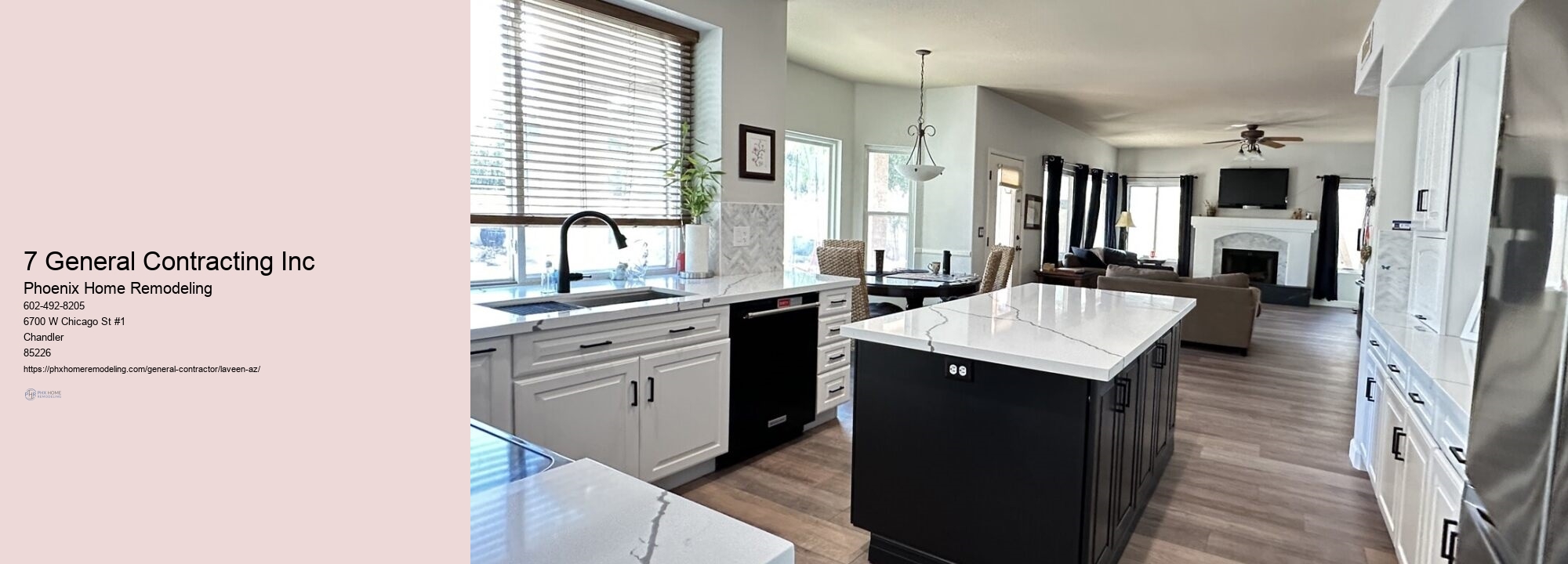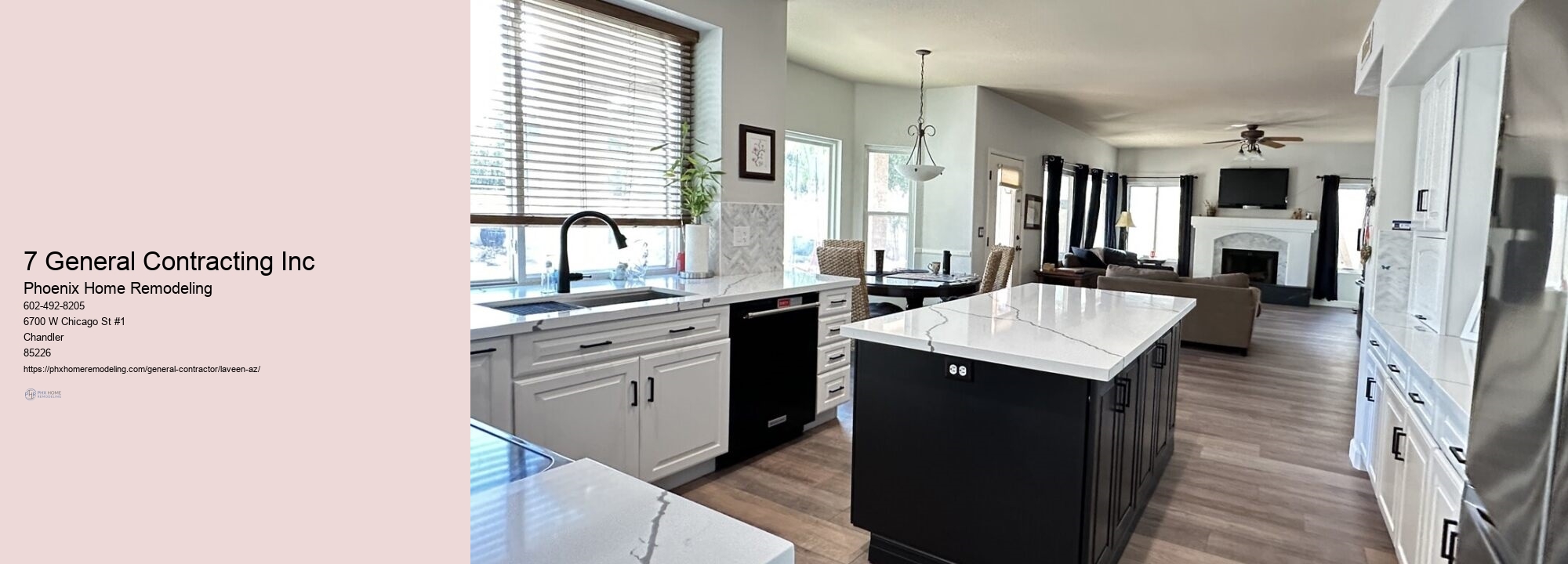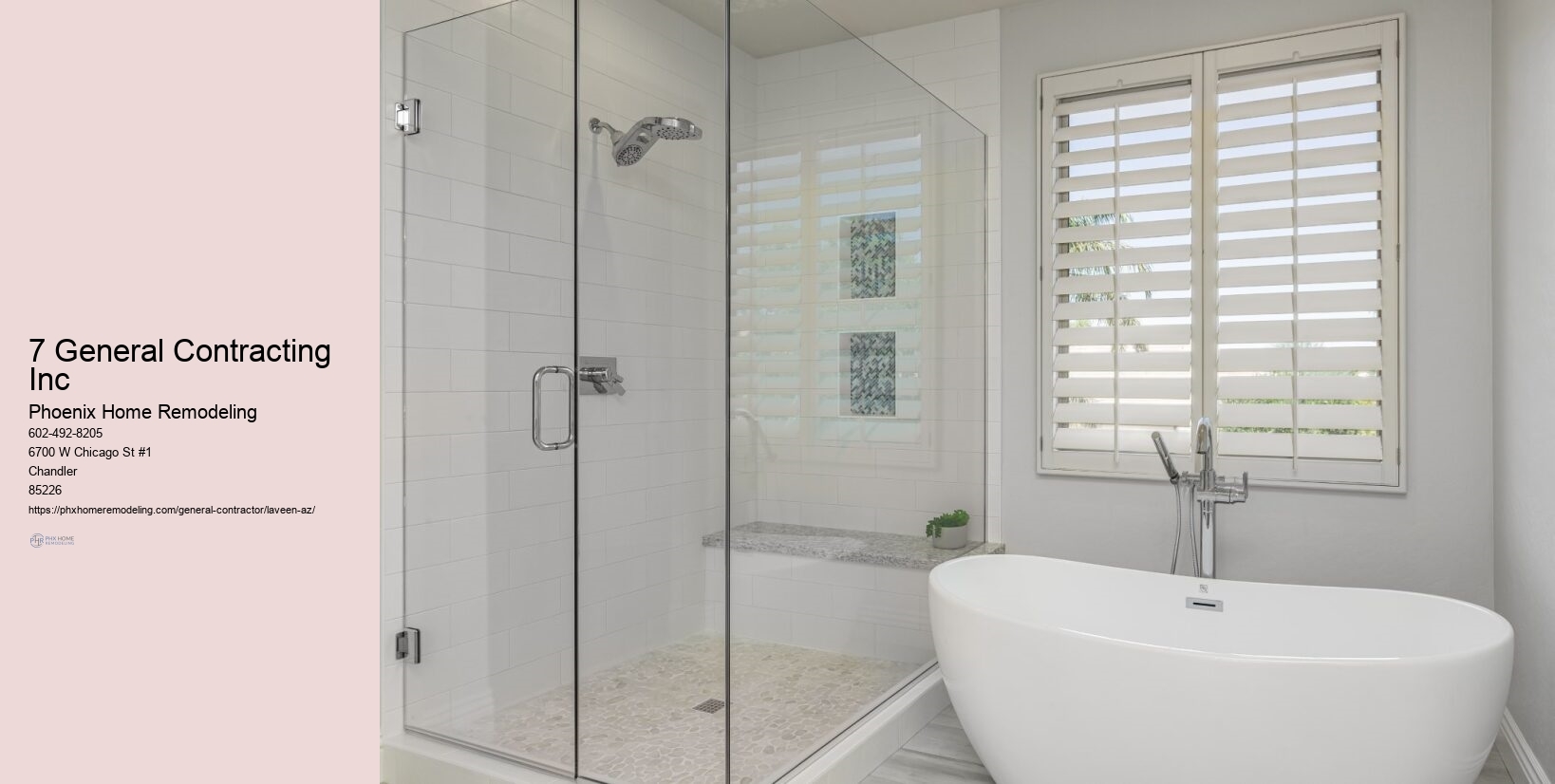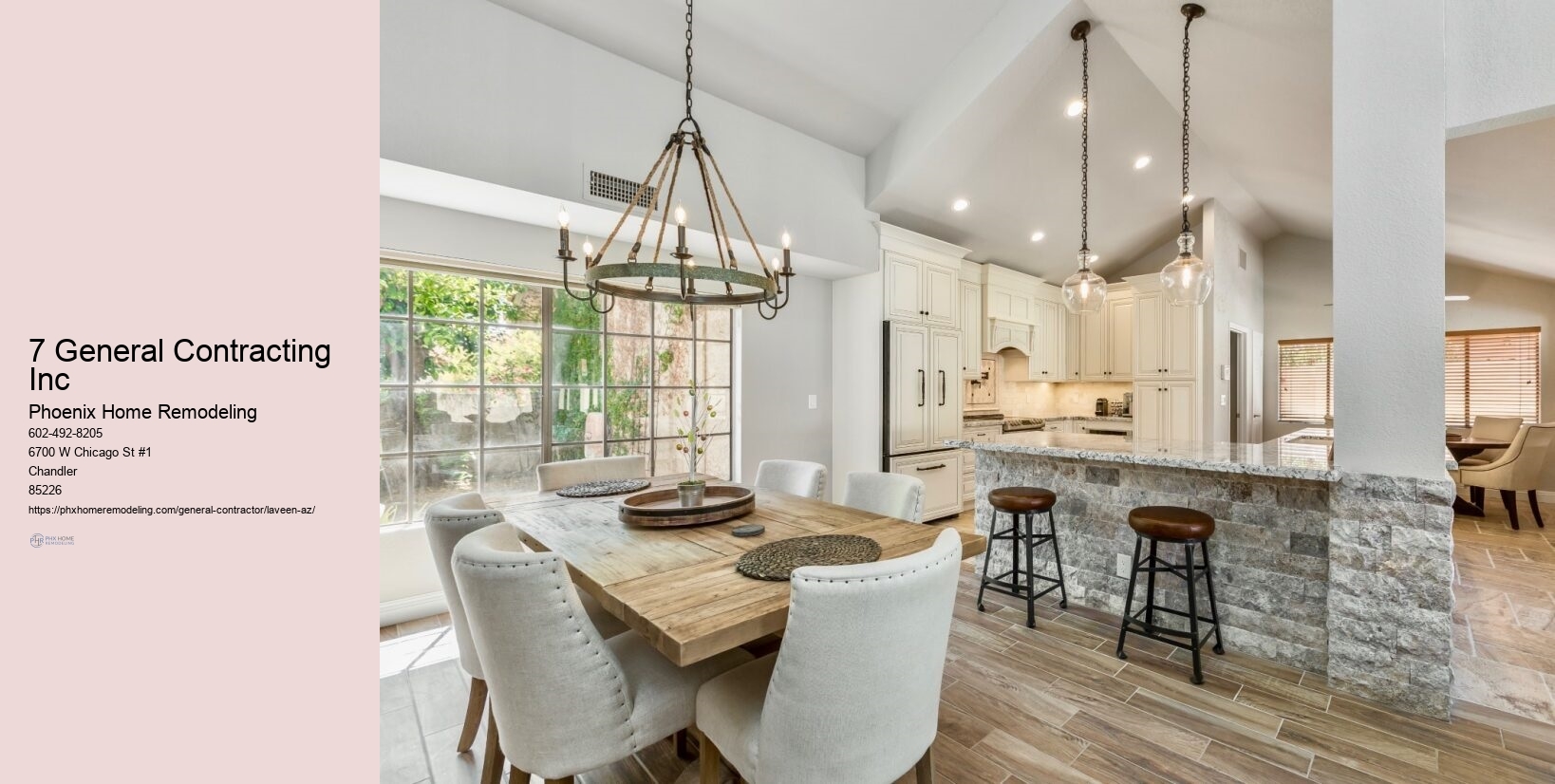




Clearly communicate your requirements to the contractor, request their best estimate, ensuring they understand the extent of the work, and provide a detailed timeframe for the repair, noting that most general contractors typically won't provide a quote for projects more than three months in advance.
The terms "Net 10," "Net 30," or "Net 60" as indicated on the invoice signify that the contractor's payment is due within 10, 30, or 60 days from the invoice date, respectively, with few associated risks, as it's a common payment term for independent contractors.
A Class "B" Contractor's License, the simplest type of contractor's license, permits individuals to engage in general contracting tasks.
This is quite near the industry-standard "10 and 10," representing 10% for overhead and 10% for profit; using this example, your combined overhead and profit, also known as gross profit or margin, would amount to 20%.
When hiring a contractor, follow these checklist tips: Get multiple estimates, hire local and licensed contractors whenever possible, check their past work, take your time making a sound decision, verify their insurance and bonding, ensure everything is documented in writing, understand your right to cancel, and avoid paying up-front.